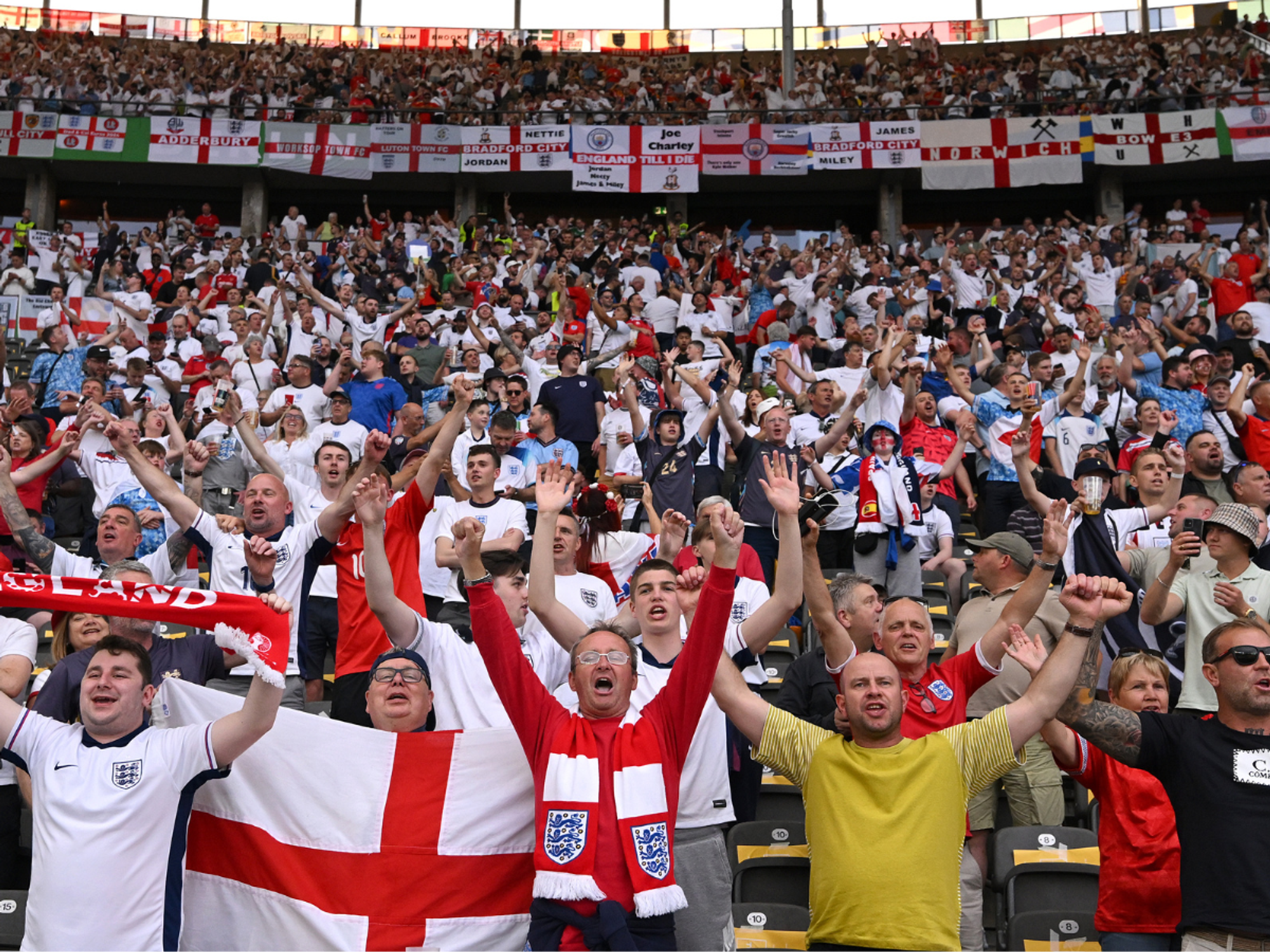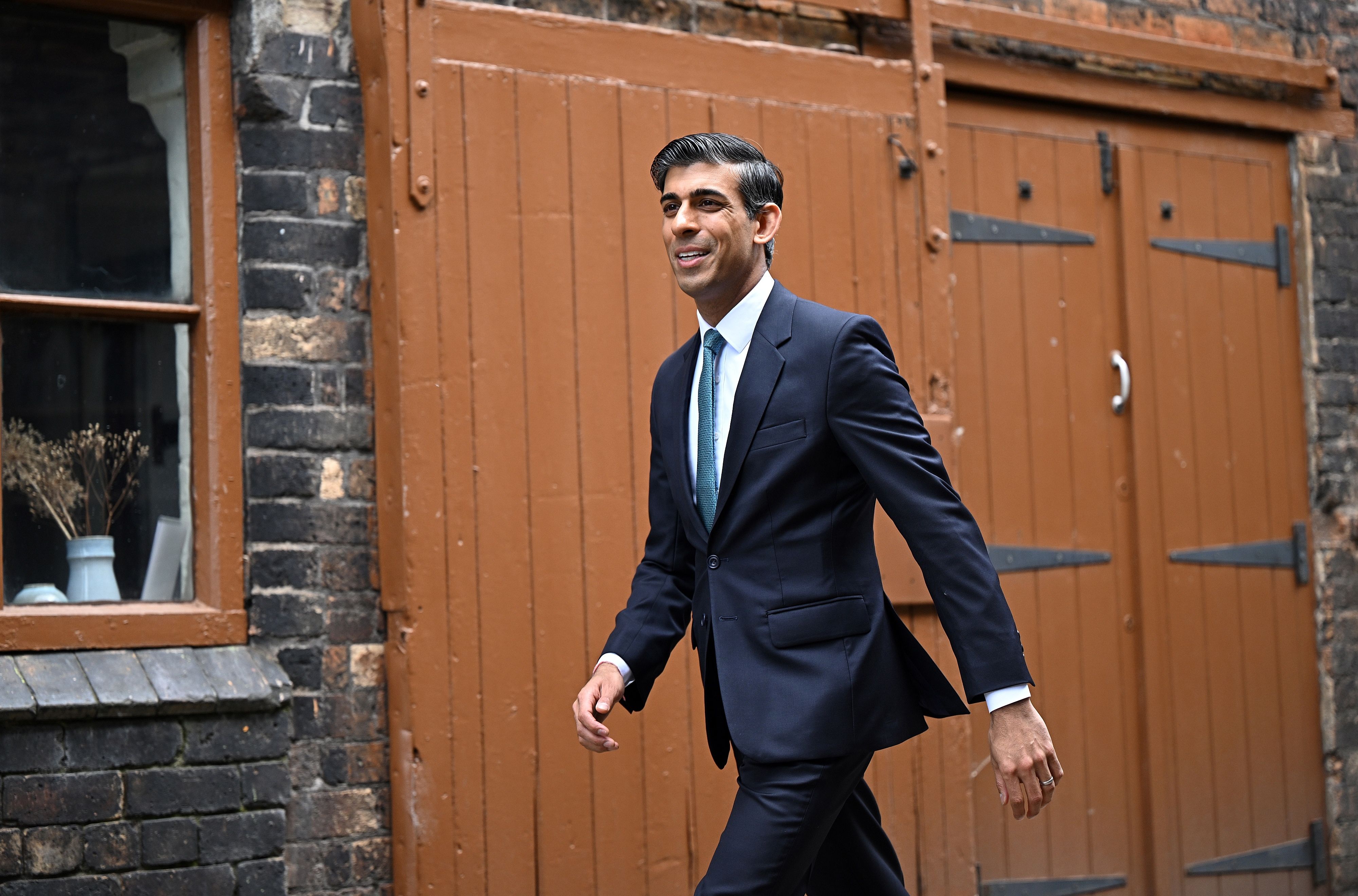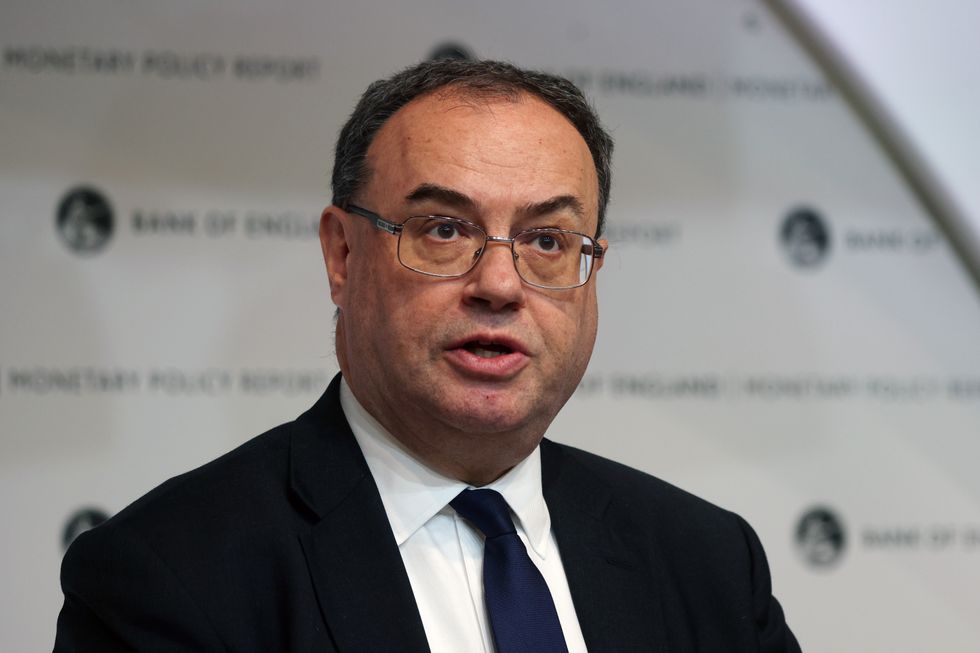UK unemployment at lowest level since 1974 as number of workers on payrolls rises by 121,000 between March and April
The number of UK workers on payrolls rose by 121,000 between March and April to 29.5 million, the Office for National Statistics said
Don't Miss
Most Read
Britain’s jobless rate has fallen to its lowest level for over 47 years but workers have seen their pay fall further behind rocketing inflation, according to official figures.
The news comes at a volatile time for the UK economy, after Governor of the Bank of England Andrew Bailey warned of an "apocalyptic" food price crisis.
And while unemployment is at its lowest level for decades, job vacancies are still rising.
Darren Morgan, director of economic statistics at the Office for National Statistics (ONS), said: “While the economy was still growing in the first three months of 2022, there continued to be a mixed picture for the labour market.
“Total employment, while up on the quarter, remains below its pre-pandemic level.
Chancellor of the Exchequer Rishi Sunak
Oli Scarff
Governor of the Bank of England Andrew Bailey
Dan Kitwood
“Since the start of the pandemic, around half a million more people have completely disengaged from the labour market.
“However, job vacancies are still rising, reaching yet another record high.
“Indeed, with the latest fall in unemployment, to its lowest rate since 1974, there were actually fewer unemployed people than job vacancies for the first time since records began.
“Continued strong bonuses in some sectors such as construction and especially finance mean that total pay is continuing to grow faster than prices on average, but underlying regular earnings are now falling sharply in real terms.”
The director general of the CBI has said the Government needs to “slow down the economy, but make sure it doesn’t slow down permanently”, as the number of UK workers on payrolls rises.
Speaking to LBC, Tony Danker said the Chancellor needs to “step in now” to help those hardest hit by the cost of living.
He compared the need to slow down the economy to clutch control on a car and said the Chancellor and Government “need to slow down the economy, but make sure it doesn’t slow down permanently”.
He claimed that “people missing meals is unacceptable”, with many resorting to this measure because of the cost-of-living crisis.
The Office for National Statistics reported the number of UK workers on payrolls rose by 121,000 between March and April to 29.5 million, to which Mr Danker said that “people cannot hire for love and money”, and labour shortages and inflation were the two factors most affecting business at this time.
Responding to the figures, Employment minister Mims Davies said: “Our domestic labour market is recovering well with payroll numbers growing once again and vacancies remaining strong.
"It’s also fantastic to see over one million more disabled people are in work than this time five years ago.
“We do however, fully recognise the impact global inflationary pressures are having on the cost of living for families which is why we’re taking action to help the lowest earners. Our Work Coaches are helping people daily in our Jobcentres to move into work – those going into full time employment could be £6000 better off than on benefits.
“That’s why we've launched the Way to Work campaign to get half a million more people to progress into work with over 280,000 moving into a job during the first three months of the campaign.”













